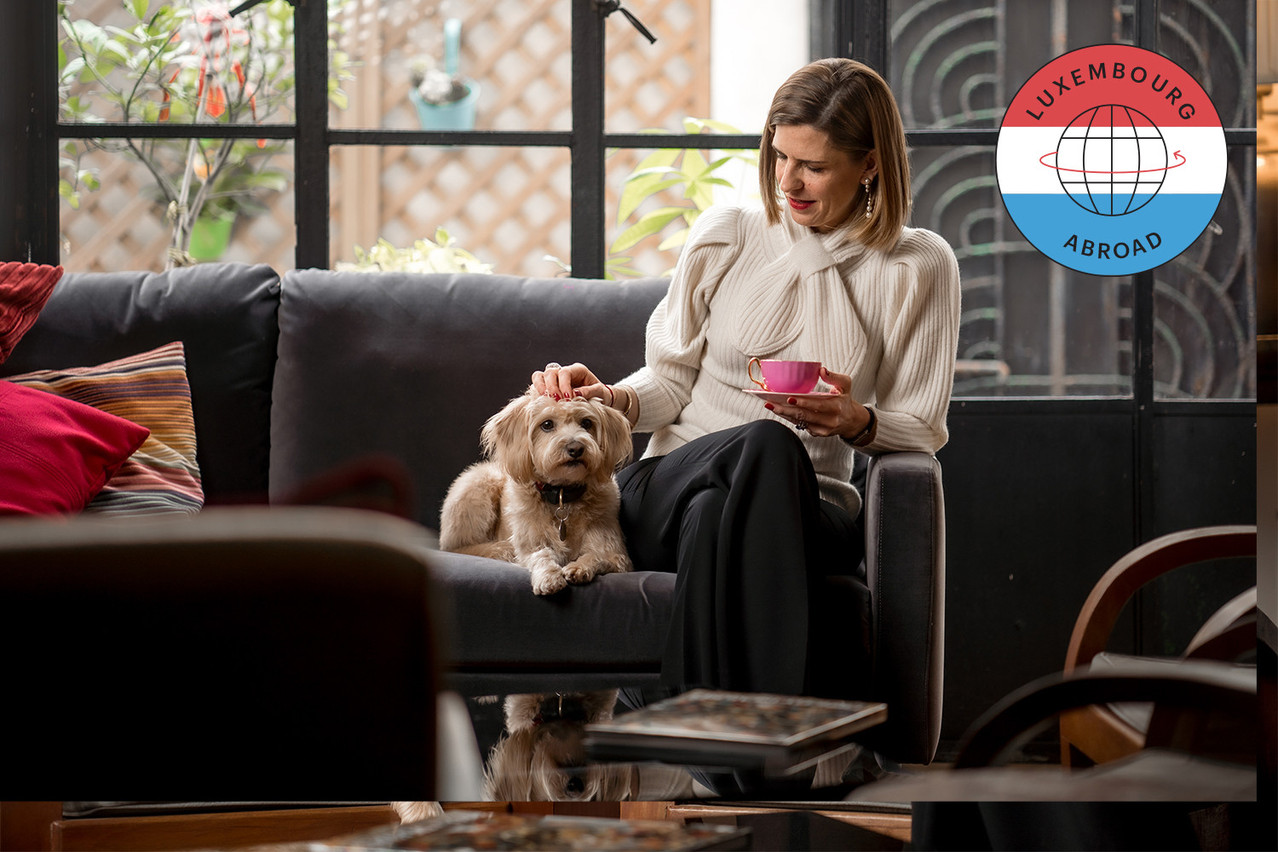Although it will take some time for flight frequency in and out of China to get near pre-pandemic levels, many families are now able to reunite after three years apart. Although this hasn’t been the case for her, Chloé Reuter recalls that as of February 2020, she and her family were “locked out for seven months, living out of ten suitcases,” and trying to get updated visas proved a challenge.
Reuter, whose Gusto Collective is a brand tech company working with a range of luxury brands in Asia, divides her time between Shanghai and Europe. She’ll be heading back to Shanghai in February and, although she’ll just miss the Chinese New Year celebrations, she’s relieved not to have to quarantine.
From a business perspective, her take on China is that “2020 and 2021 were very positive for us because the border was shut. You had all these people with money to spend who decided to spend it on luxury in China as opposed to historically travelling outside of China and purchasing luxury items when they were in Europe or the US.”
By February 2021, China’s domestic air travel had also bounced back to near pre-pandemic levels as residents took advantage to travel to the wide range of landscapes the country has to offer: from the rugged terraces and mountains of Yunnan to the beaches of Hainan.
But, as Reuter explains, 2022 was a different story: the omicron variant had arrived. In spring, “Shanghai effectively was locked down for 70 days, and people were not able to leave their homes. And that doesn’t put you in a great mood for buying that Dior handbag,” she explains.
The economy did take a hit: in its December 2022 publication, the World Bank stated that, “Despite policy support, real GDP growth is expected to slow to 2.7% in 2022, before recovering to 4.3% in 2023 amid a reopening of the economy.”
The rise of (innovative) luxury brands
Reuter, who has lived in Asia since 1993 and speaks Mandarin fluently, also anticipates a rebound. And she doesn’t anticipate luxury consumption going back to the pre-pandemic ways: “I think that people are very much open now to purchasing luxury. The offering, in terms of innovation in retail and experiences and brands, is absolutely world class in China.”
Luxury brands have been incredibly innovative in China--and more so than in the rest of the world…
While just a decade ago, Chinese consumers would have gone to places like Paris, London or other fashion capitals because certain brands might not have been available back home, today this is no longer the case. Not only are there homegrown luxury labels, which have rapidly evolved over the last five to ten years, but “luxury brands have been incredibly innovative in China--and more so than in the rest of the world--because they’ve had to embrace Chinese social media apps that are completely unique and require different types of content. They’ve embraced things like live streaming, meta humans, virtual influencers, VR and AR.”
Brands like Louis Vuitton, Dior, Chanel, etc., have taken note of the need for innovation. Louis Vuitton, for example, presented its spring/summer 2022 collection in Shanghai along the docks on the Huangpu River, with 19 exclusive looks and three bags specifically targeted to China. The live event, adorned with ritzy chandeliers, was also livestreamed across six platforms, gaining hundreds of millions of views in mere hours.
Maison Chaumet (also LVMH owned) in 2021 also showcased its tiaras through interactive installations and holographic projects, while a WeChat showroom gave visitors the possibility to customise their own experience.
Bottega Veneta has also earned cultural creds: it took over the Great Wall of China for the lunar new year in 2022 with a digital installation, and this year it has other phygital initiatives in store.
A luxurious sweet spot
China’s unique digital ecosystem, Reuter argues, has helped set the stage for 2023 to see further growth in luxury. “Because of the great Chinese firewall, you’ve had this opportunity for homegrown social media apps that are incredibly clever and different, fully integrated and seamless,” Reuter explains. And while in the west, livestreaming may not have previously been associated with luxury--“you wouldn’t really be looking at Dior for a livestreaming experience--what covid forced brands to do was to actually take risks and start exploring some of these platforms and innovation techniques because they couldn’t keep the stores open in 2020.”
What’s more, according to a 2023 McKinsey China consumer report, one of the top trends that will reshape the nation’s market is the continuing rise of the middle class. As the authors point out, “increasingly, these [middle-class] households are joining the ranks of the upper-middle and high-income bracket, with annual incomes above ¥160,000 [roughly €22,000, editor’s note]. Over the next three years, China is expected to add another 71m upper-middle and high-income households.”
For Reuter, that represents “all the elements you need for luxury brands to continue to prosper” which, of course, is a good thing for her own business. Reuter is working with a number of western department stores to help them better understand what the Chinese are doing and how they might take inspiration from that. “I think it’s become a challenge now for western brands who, in the past, never thought they were competing with Chinese brands.”

